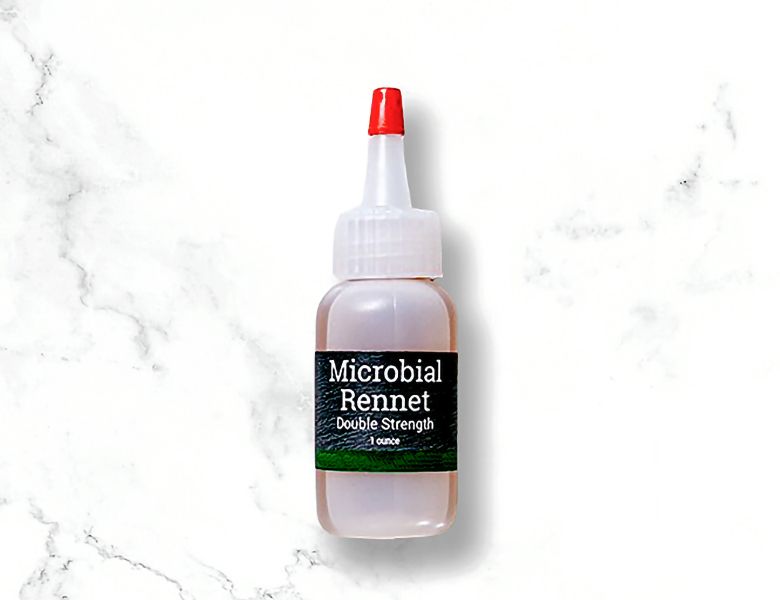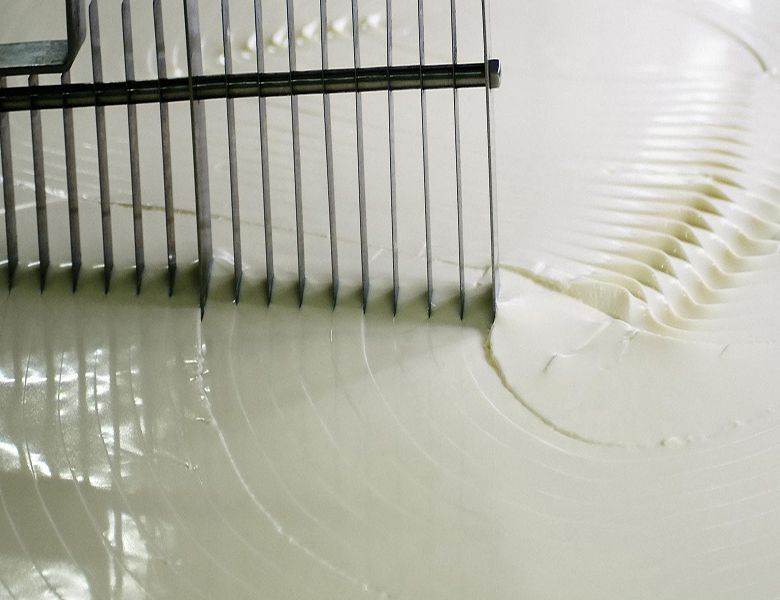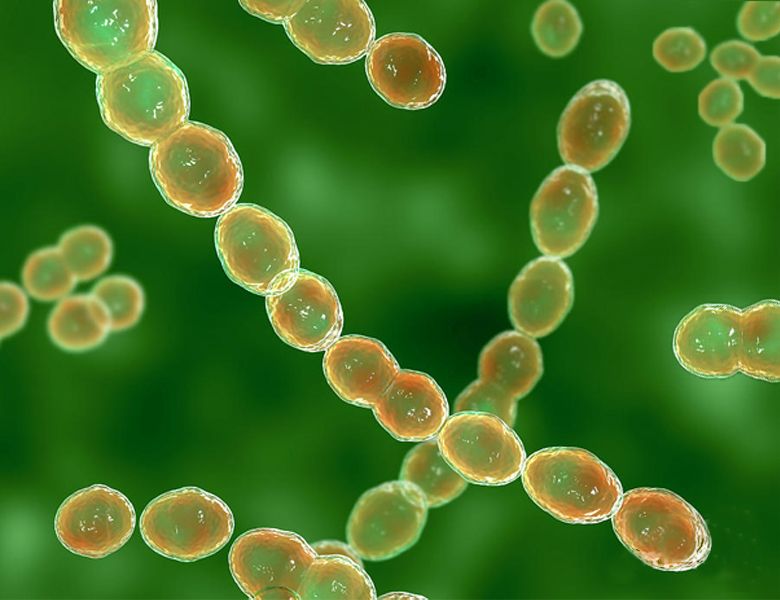- آتاماد
- Microbial rennet
Microbial rennet

- | user2 |
- Viewer: 3771
Microbial rennet, The term "rennet" is of animal origin, but microbial rennet is a coagulation factor produced by living microorganisms such as fungi
, mold, or yeast. These organisms grow in a controlled laboratory environment and are monitored for the production of the right amount of fungus, mold, or yeast, and no fungi will be present in the final product.
Microbial rennet
Enzymes are needed to coagulate milk and separate it into whey and curds, which is an important step in the cheese production process. Proteolysis is usually considered as the main biochemical process when cheese ripens and one of the most important factors for the growth of the typical flavor of the cheese. Rennet is one of the proteolytic factors involved in cheese production.
Increasing awareness of the side effects of consuming animal products, the presence of certain hormones and chemicals, and increasing awareness of animal rights are among the factors that increase the demand for plant products. Also; Demand for microbial coagulants is also expected to increase as vegetarian diets and non-animal sources increase.
Microorganisms substitute for calf rent
Well-known microorganisms are used to produce rennet, which can replace calf (animal) rennet. In the production of cheese, some microorganisms such as Aspergillus oryzae, Rhizomucor miehei, Rhizomucor pusillus, Endothia parasitica, and Irpex lacteus are widely used to prepare rennet. In the past, many manufacturers used different strains of Mucor to produce rennet, while the best yields of milk-clotting are done by the protease of Rhizomucor pusillus. Worldwide, rennet from microorganism constitutes 30% of the whole cheese produced. Microbial coagulants have good taste profiles. In addition, the cheese produced from these coagulants has a high shelf life and is free of the bitter taste. For the microbial coagulants, retention levels are approximately 2–3%. The retention of microbial coagulants is not pH-dependent.
Microbial coagulants are classified into two categories:
• Thermo- stable: These coagulants are resistant to 58-59°C.
• Thermo-labile: These coagulants aren’t resistant to high temperatures.
Gel Formation with Rennet and Coagulants
Gel formation in cheese production takes place in two stages, the first stage of which is done by coagulation enzymes and involves the hydrolysis of micellar κ-casein at the Phe105 Met106. The bond is also hydrolyzed by aspartic proteases and microbial coagulants produced by Rhizomucor miehei and Rhizomucor pusillus. However, Cryphonectria parasitica hydrolyzes preferentially the Leu104 Phe105.
Advantages of microbial rennet
• Economical: Compared to animal rennet, microbial rennet much cheaper to produce. This means that cheeses production using microbial rennet have a lower production cost.
• vegetarian: This type of rennet is not taken from animals, which means that vegetarians are allowed to consume it.
• Organic: Easily available with organic labels.
• Kosher: Readily available with Kosher-certification.
• Extended shelf life: Most animal rennet has a shelf life of 2-3 months; While most microbial rennet last up to 24 months.
• Easy to produce: Compared to animal rennet, these coagulants are easily produced by fermentation.
• No disease transmission: Reduces the risk of disease transmission due to the use of ruminant rennet.
• Higher proteolytic activity: The microbial coagulant is characterized by higher proteolytic activity and different properties of the substrate, and these properties may increase the ripening of the cheese.
GET IN TOUCH
Copyright © 2023 Atamad.com All right reserved
Website design and SEO services by Seohama team – Web hosting by Sarverhama
Copyright © 2023 Atamad.com All right reserved
Website design and SEO services by Seohama team – Web hosting by Sarverhama








